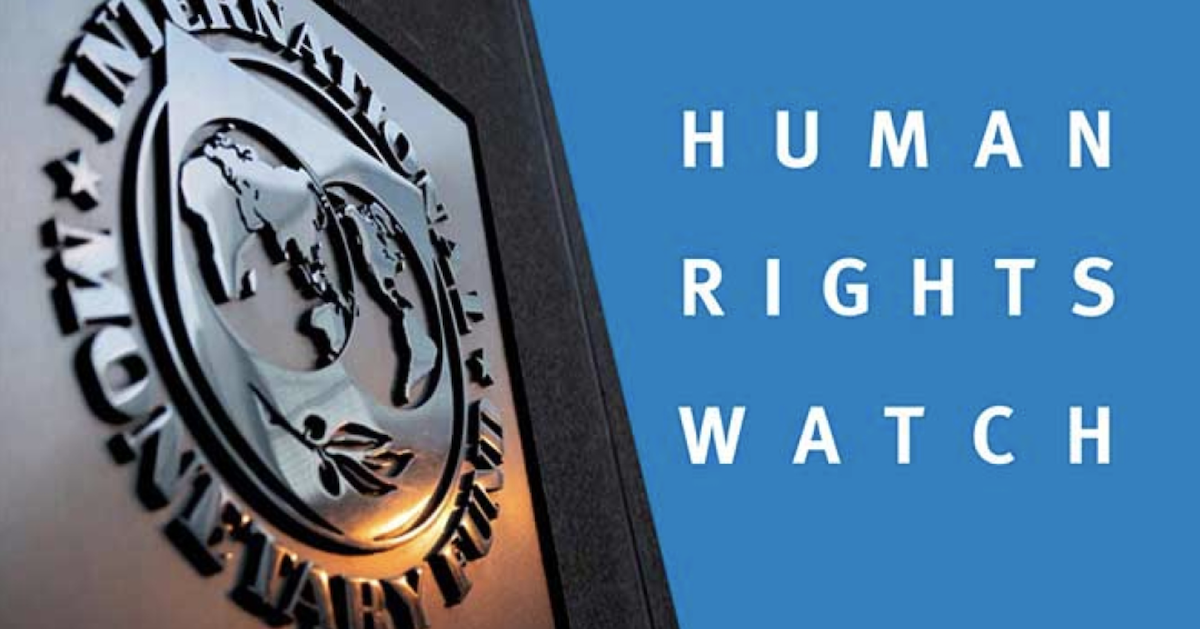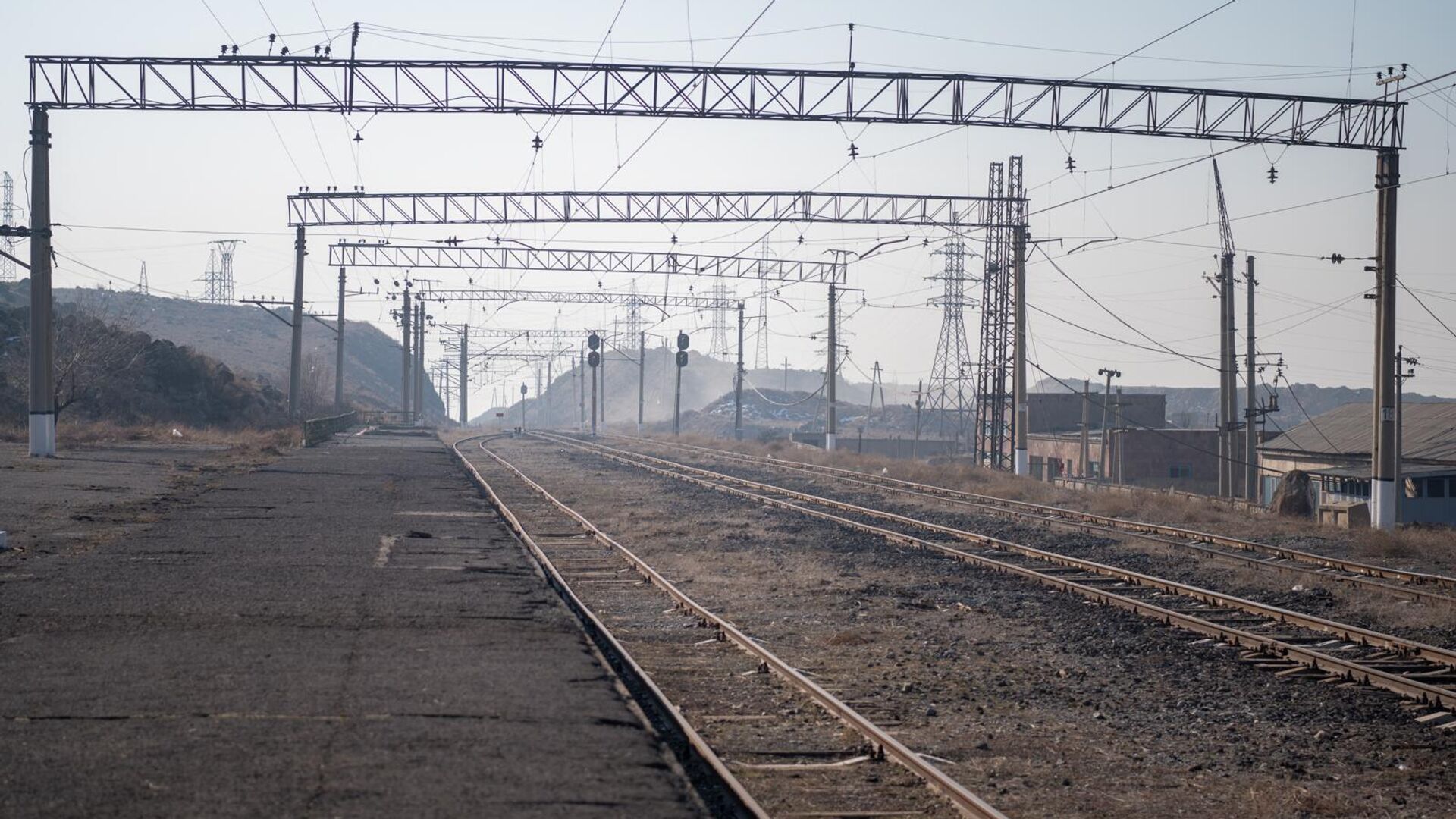Armenians’ living standards unchanged amid rising incomes and high inflation
Rising incomes and high inflation
At the start of the year, the average monthly salary in Armenia reached about 280,000 drams ($737), a 4% rise compared with 2024, according to the Statistics Committee. Wages grew faster in the public sector (up 5%) than in the private sector (up 3.5%). Average salaries stood at 218,981 drams ($576) in state institutions and 301,982 drams ($795) in private companies.
The highest salaries are in communications, IT, mining, finance, insurance and entertainment, while the lowest are in agriculture.
- ‘Modernisation is essential for progress’: Economist’s proposals to Armenian authorities
- Armenia doubles betting duty in fight against gambling addiction
- Georgia-Armenia trade in 2024: Sharp decline amid government optimism
Rising wages, rising costs
Susanna Markosyan, an accountant in the telecoms sector, saw her salary rise by 11% in 2024. But at the same time, mandatory deductions — income tax, a “military stamp duty” to support servicemen and their families, and trade union fees — also went up.
“On paper, 11% is a significant increase. But after mandatory payments, the real growth was just 7%. It hasn’t improved my well-being in any way,” she says.
“In the past, even a 5% rise allowed me to rent a better flat, buy household appliances over the year, and afford other expenses.”
Markosyan believes Armenians will only feel a real improvement if wages grow by around 20%. Otherwise, she says, higher pay is quickly swallowed up by rising everyday costs.
She points to higher transport fares and waste collection fees:
“In my company I also have to pay 90,000 drams [$237] a year for compulsory health insurance. Food, clothes and services have all become more expensive. I live alone and often eat out, and I can confidently say life is about 30% more expensive than last year. I’m forced to cut back.”
She argues that public sector salaries should be adjusted for inflation — a step that would also affect private employers:
“My company’s management raises wages at their own discretion. There is no clear regulation or mechanism to determine who gets a raise and by how much.”
According to Markosyan, some regular adjustments are made in telecoms, finance and services, but they remain insufficient:
“Another problem is that these rises are not enough to motivate staff or encourage their professional growth. If a salary increase does not improve an employee’s quality of life, they start looking for a new job, for other opportunities. In recent years I have seen many colleagues leave once they found better conditions elsewhere. Salary remains the main motivation — and when people put all their energy into their work but feel no reward, sooner or later they will walk away.”
How much have prices increased for goods and services?
According to Armenia’s Statistical Committee, the consumer price index rose by 3.2% in January–August 2025 compared to the same period last year.
The sharpest increases were seen in basic consumer goods, meaning inflation has affected all social groups.
Prices in the restaurant and hotel sector rose more modestly, by 1.8%.
Food and non-alcoholic drinks went up by 5.1% year-on-year. Within this category, beef prices rose by 10.3%, pork by 2.5%, and chicken by 1.5%.
Sunflower oil increased by 16.8%, other oils by 12.8%, flour by 7.2%, chocolate by 9.4%, ice cream by 9.7%, coffee by 13.5%, and cocoa by 22.5%.
Sugar rose by 7.5%, vegetables by 3.6%, and fruit by 11.6%.
Alcohol and tobacco prices increased by 5.5%.
Healthcare services were up 3.5%, while education saw a record rise of 7.8%.
“Indexation is mandatory for all income”
Economist Aram Margaryan says that, according to official statistics, wages have risen roughly in line with consumer prices:
“This is a standard practice worldwide, known as wage indexation. But it should apply not only to salaries, but also to other social payments — pensions, benefits, and other government support programs. Otherwise, even small price increases hit vulnerable groups hard.”
He notes that officials often announce wage increases without taking inflation into account:
“Talking about higher salaries without mentioning inflation is political manipulation. Yes, wages are rising in almost every sector. But this doesn’t translate into real improvements. Education, transport, leisure services don’t change. The only noticeable difference is the quality of services provided.”
Margaryan explains this trend by pointing out that rising incomes are mostly spent on services — restaurants, hotels, and beauty salons:
“To truly improve living standards, financial literacy is more important than income alone. If a person cannot manage their finances effectively, a salary increase of 30–40,000 drams [$80–105] won’t change their quality of life. People have different ideas of what improving quality of life means. For some, it’s more seafood or expensive foods; for others, cultural activities; and for many, a combination of all this and more.”




















